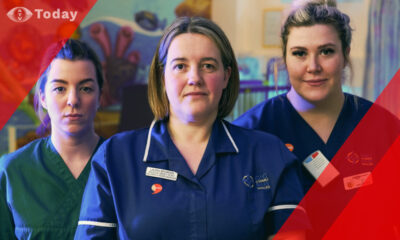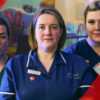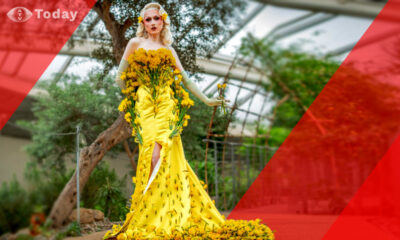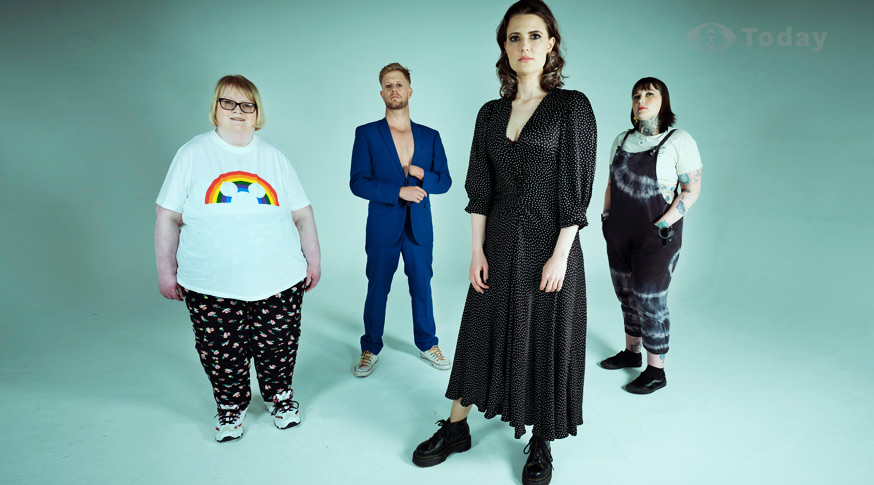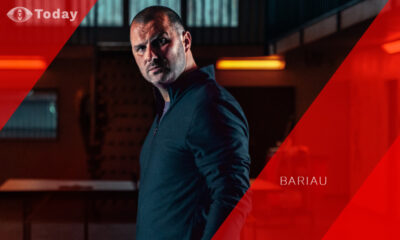There are many battles that haven’t been won in terms of disability rights in Wales, according to Mared Jarman, presenter of the series The Battle: Story of Disability.
Weeks after she won the BAFTA Wales Breakthrough Award for the comedy-drama How This Blind Girl (BBC), actor Mared Jarman has made a series of new documentaries on disability for S4C; these will kickstart a series of comedy dramas and documentaries marking Disability History Month which runs from today, 16 November, to December 16 on S4C.
In Y Frwydr: Stori Anabledd – tonight at 9 pm – Mared learns more about the history of disability in Wales. In the comedy-drama Bwmp by Ciaran Fitzgerald, we get to know Daisy, a young disabled journalist who makes her way through the challenges of an ableist industry – tonight at 10.45 pm.
On Friday, 17th November at 6:35 pm catch Bex: Stori Efan; the latest in a series of innovative 20-minute plays about the mental disorders of people aged between eight and 12 years. The Bex series follows the story of eight young characters each with a unique story to share, and every episode is available on iPlayer.
A special edition of Pawb a’i Farn will broadcast live from Cardiff on Thursday 14 December at 9 pm. The contributors will all be either living with a disability or carers and will have experienced the services available to them. Among the topics of discussion will be the cost of living, hate crimes and how to respond to the challenges facing the disability community.
There will be a new episode of the series DRYCH; Stori Alys on Sunday 10 December, at 20:00. This documentary, full of hope and courage, follows Alys on her journey to try to dance again following an accident at home in which she lost her leg.
To conclude there will be the documentary Dylan a Titw i Ben Draw’r Byd following the journey made by Dylan, who lives with the condition dystonia, to Ynys Enlli with his carer Titw this airs on Thursday 7 December at 9 pm. There are also further disability month programming on the S4C streaming service Clic.
Following her journey to learn about the history of disability in Wales, Mared Jarman concludes that everyone has a responsibility to educate themselves about issues relating to disabilities.
Mared Jarman:
“It’s important that we understand and learn as much as we can because that’s how change happens. If we don’t talk about disability, if we don’t have conversations about why we find it difficult, nothing will change. Disability is the only minority group that any of us can join at any point in our lives. There is a 60% chance that people will become disabled in their lives; that’s huge.
“So educate yourself, because there’s a chance you’re going to be part of that community. The most important thing I’ve learnt from the programme is not to apologise for being a disabled person.
“I don’t need help; I need something to change to see a difference, and I’ll never apologise again. If someone offers me work but they can’t make it accessible, then I won’t do the work, and I’m not going to feel guilty about it, and I’m not going to cry about it again – just move on.”


